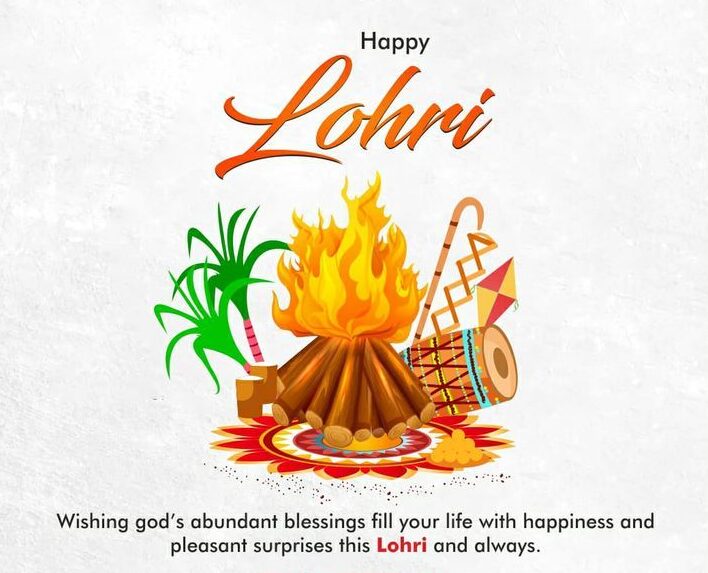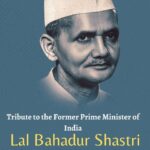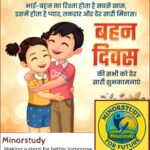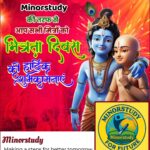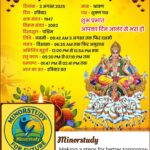🌾 Introduction: The Spark of Lohri and Why It Matters
Lohri, one of the most vibrant and joyous festivals in North India, particularly in Punjab, holds a special place in the hearts of millions. Celebrated every year on January 13, just a day before Makar Sankranti, Lohri marks the end of the winter solstice and welcomes longer, warmer days.
It’s more than just a festival—Lohri is a celebration of nature, harvest, warmth, unity, and tradition. From bonfires to bhangra, from revdi to rituals, Lohri wraps people in a cultural blanket of joy and belonging.
📜 History of Lohri: A Festival Rooted in Culture and Courage
The origin of Lohri is tied to the agricultural traditions of Punjab and surrounding regions. It celebrates the harvest of sugarcane and the onset of the Rabi crop season. The word “Lohri” is believed to be derived from the term ‘Tilohri’—a combination of til (sesame seeds) and rorhi (jaggery).
🦸♂️ The Legend of Dulla Bhatti
Lohri is deeply associated with Dulla Bhatti, a local hero during the Mughal era. Dulla Bhatti rescued many Hindu girls from being sold into slavery and got them married off with dignity. Songs sung during Lohri still honor his bravery and justice.
Thus, Lohri stands not just for harvest and warmth but also heroism and human values.
📅 Timeline of Lohri’s Evolution
| Period | Event / Development |
|---|---|
| Ancient Era | Lohri begins as a seasonal and solstice celebration in agrarian societies |
| Mughal Era | Hero Dulla Bhatti becomes central to Lohri folklore |
| 19th Century | Lohri becomes a major Punjabi community festival |
| Post-1947 | Widely celebrated across Northern India |
| Modern Day | Observed with music, bonfires, dance, and growing global recognition |
🧠 Facts About Lohri You Might Not Know
🔥 Lohri bonfire represents the Sun God and fire deity, symbolizing purification and warmth.
🥜 Foods like til, peanuts, jaggery, and popcorn are not just tasty but offer health benefits in winter.
👶 Special importance is given to the first Lohri after childbirth or marriage.
💃 Bhangra and Gidda, the traditional Punjabi dances, are essential in Lohri celebrations.
🌾 It coincides with the harvesting of sugarcane, maize, and wheat—a thank-you to nature.
📿 People throw offerings into the bonfire while chanting prayers and songs.
🌍 Today, Lohri is celebrated in UK, USA, Canada, and by the Indian diaspora worldwide.
🎶 The song “Sundar Mundriye” is central to Lohri and is sung around the fire.
🤝 The festival fosters community spirit, equality, and shared joy—cutting across social classes.
❓ FAQs About Lohri
1. What is Lohri and why is it celebrated?
Lohri is a traditional Punjabi festival that celebrates the end of winter and the beginning of harvest season, especially for sugarcane and rabi crops.
2. When is Lohri celebrated every year?
Lohri is celebrated annually on January 13, a day before Makar Sankranti.
3. Who was Dulla Bhatti?
Dulla Bhatti was a folk hero who rescued girls from slave traders. He is honored in Lohri songs for his bravery and compassion.
4. Is Lohri celebrated only in Punjab?
While it originated in Punjab, Lohri is now celebrated across Haryana, Himachal Pradesh, Delhi, and by Punjabi communities worldwide.
5. What are the traditional Lohri foods?
Sesame (til), jaggery (gur), groundnuts, popcorn, rewri, gajak, and sarson ka saag with makki di roti.
🎉 Significance of Lohri: Cultural, Spiritual & Social
🔥 1. Cultural Significance
Lohri showcases the rich Punjabi folklore, music, dance, and attire. It’s a festival where traditions come alive with unmatched vibrance.
🙏 2. Spiritual Value
The fire is symbolic of Agni (fire god), purifying the environment and removing negativity.
🌾 3. Agricultural Connection
Lohri celebrates farmers’ hard work, nature’s bounty, and reminds society to respect the food producers.
👨👩👧 4. Family & Community Bonding
People gather together, visit relatives, sing, dance, and eat, strengthening social ties and inter-generational bonding.
💌 Heartfelt Lohri Wishes You Can Share
Here are some lovely lines to wish your near and dear ones:
🎇 “May this Lohri bring warmth of joy, spark of happiness, and harvest of prosperity!”
🎇 “On this Lohri, may your life be filled with sweetness like revdi and positivity like the bonfire’s glow.”
🎇 “Dancing around the Lohri fire, let us forget the past and welcome brighter days ahead.”
💡 Why Lohri Is Important in Our Life
Celebrates Gratitude – We pause and thank nature, God, and our loved ones.
Health-Focused Foods – Lohri snacks like jaggery, sesame, and peanuts help build immunity in winters.
Promotes Unity – Irrespective of class or religion, everyone can be part of the bonfire gathering.
Connects Generations – It brings elders, children, and youth together through song and storytelling.
🔍 Key Points to Remember About Lohri
🗓️ Celebrated every January 13
🔥 Bonfire = Core element of ritual
🎶 “Sundar Mundriye” = Traditional Lohri song
👶 First Lohri of a newborn or newlywed couple is extra special
🌍 Now celebrated globally by Indian diaspora
🥜 Revdi, popcorn, til = symbolic foods of health, fertility, and sweetness
💃 Dance & Music = Expression of joy and cultural heritage
🌍 Observance of Lohri in Modern Society
Today, Lohri is not just limited to villages or Punjab. It’s observed:
In urban cities with large gatherings and cultural shows
In schools and colleges as part of festive activities
By Punjabi communities worldwide, including UK, US, Canada, Australia
As eco-friendly Lohri, where people avoid burning waste materials and instead offer seeds, cow dung cakes, and biodegradable items
📆 How Lohri Impacts Our Daily Lives
🍃 Encourages seasonal awareness and eco-consciousness
🤝 Strengthens community engagement through gatherings and charity
🧓 Promotes intergenerational respect via storytelling and rituals
🍲 Fosters healthy eating with traditional winter foods rich in energy
💃 Keeps folk traditions and cultural heritage alive in a modernizing world
🧾 Conclusion: Why Lohri Is a Festival to Cherish Forever
Lohri isn’t just about bonfires or sweets—it’s a celebration of life, harvest, unity, courage, and love. It is a powerful reminder that festivals are not just for rituals, but for reviving our connection to nature, culture, and each other.
In an increasingly digital and fast-paced world, festivals like Lohri help us slow down, gather around the warmth of traditions, and pass on stories of heroes like Dulla Bhatti Ji to our future generations.
So this Lohri, don’t just throw revri into the fire. Throw in your negativity, your cold grudges, and let your soul glow as warmly as that beautiful fire under the winter sky.

